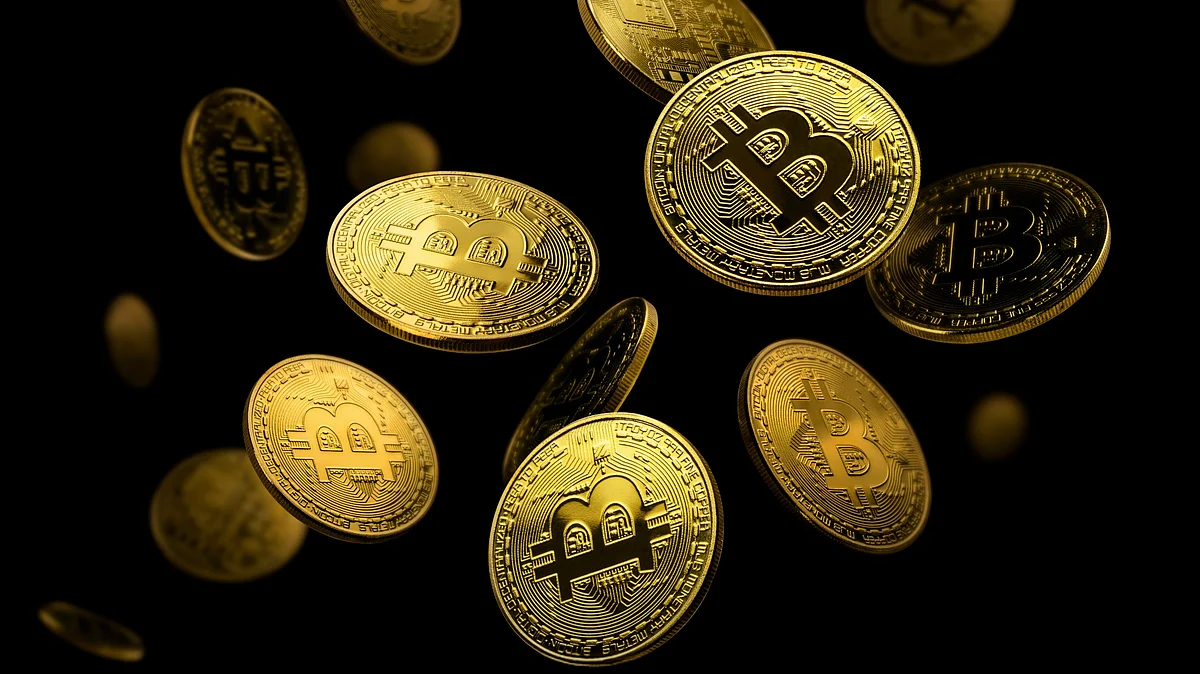
The Mental Hurdle Of Moving Crypto: Why Exchanges Feel Safer
One of the mental hurdles I've been overcoming in recent months has involved moving my assets off exchanges into cold wallets.
The reason this is a mental hurdle is because in traditional finance, a financial institution is the safest place to keep your money and assets – right?
Recommended For YouCrypto exchanges feel safer than handling the custody of crypto and bitcoin personally. I'm not the only one who struggles with this. Just as holding an asset kept on a blockchain is a totally foreign concept, so is having absolute control of your assets.
It takes a while to warm up to this idea, but I'm doing it. A recent experience where a coupon to be paid out from a traditional investment has now taken five weeks (and I still don't have the money), reminds me of what I love about this space.
If I needed reminding about the risks involved with exchanges, the recent crypto crash that happened October 10 was a good reminder. It happened fast and furious, on the back of US President Donald Trump's latest tariff salvo to China when US$19 billion was wiped out of the market – far outpacing previous crashes. And in the fallout, that event is raising serious questions about inside manipulation by both platforms and market makers.
This is still a wild west. Not your keys – keys are those 12 random word passwords you need to recover your wallet – not your crypto.
And so, I've been moving my assets. And no sooner had I gotten quite far into that process, hyperventilating every time I pressed send, that a reader of this column reached out to me on social media. Not only was he encouraging me to get all my BTC off exchanges, he had some homework.
He said I needed to run my own node. He also told me that he knew I could do it, which I really appreciated because on first reading on what that involved, it sounded very complicated. I'd heard about nodes, but it didn't seem like something I would do. I felt defeated, as if there was a bar I had almost reached and someone moved it and added some hurdles too.
After wallowing for a bit, I gathered myself up, and started figuring it out. If you've ever heard about “Knots vs Core”, that is what that conversation is about. Most people who buy Bitcoin trust someone else's software to tell them what's true. Running your own node means keeping a full copy of the blockchain on a computer you control and independently verifying every transaction and block. When you pair that node with a cold wallet, you create, sign and broadcast transactions yourself, without a third party. I'm told the setup isn't as hard as it sounds: a small Raspberry Pi 4, a 1 TB SSD, and an always-on internet connection. You then connect a friendly wallet app like Sparrow, which uses your node to display balances and send transactions. Your private keys never leave your offline device – your node simply confirms and relays what you've signed.
Bitcoin Knots is a community-maintained version of Bitcoin Core – think of it as Core Plus. It's built from the same codebase and follows the same consensus rules, but adds advanced features and exposes certain settings. Both validate the blockchain and broadcast transactions. If you run Knots, you're running a full Bitcoin node just like Core, but with more knobs to turn.
Setting up your own node is the ultimate expression of Bitcoin's promise: “Don't trust, verify”. It's about knowing that every “sat” (Satoshi, aka the smallest possible unit of bitcoin) you own is backed by math and open-source code you can inspect, not by the assurances of a company or exchange.
The reader who reached out was right: True sovereignty doesn't come from price charts or portfolio apps; it comes from the quiet hum of a little machine in the corner, validating financial freedom one block at a time.

Legal Disclaimer:
MENAFN provides the
information “as is” without warranty of any kind. We do not accept
any responsibility or liability for the accuracy, content, images,
videos, licenses, completeness, legality, or reliability of the information
contained in this article. If you have any complaints or copyright
issues related to this article, kindly contact the provider above.

















Comments
No comment